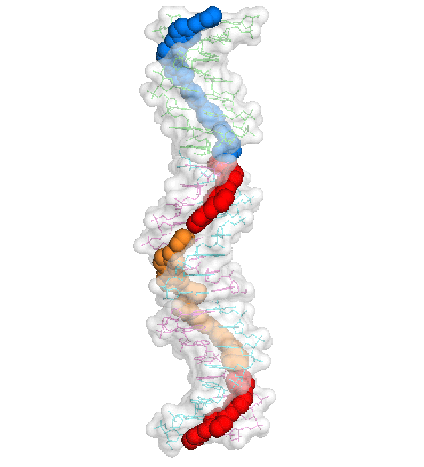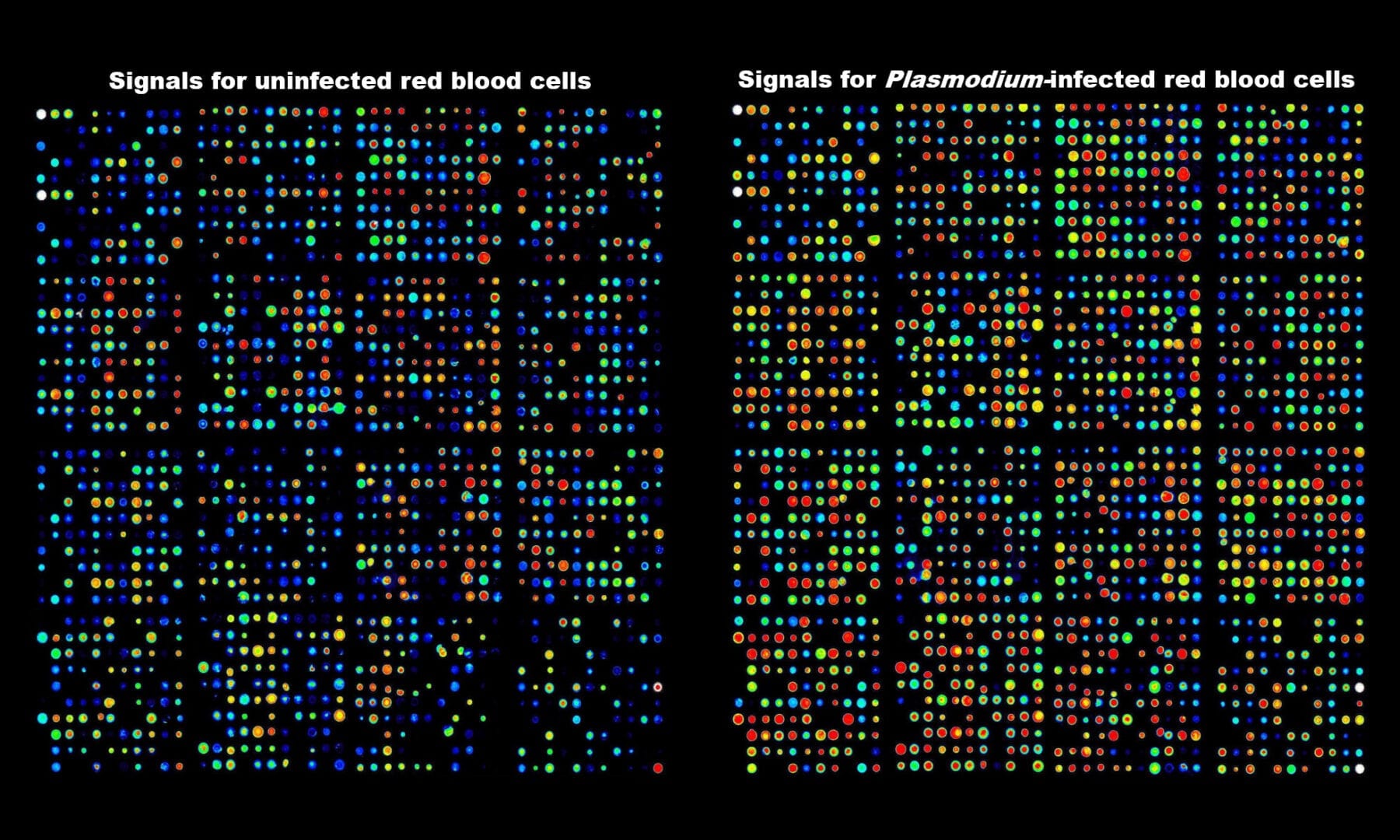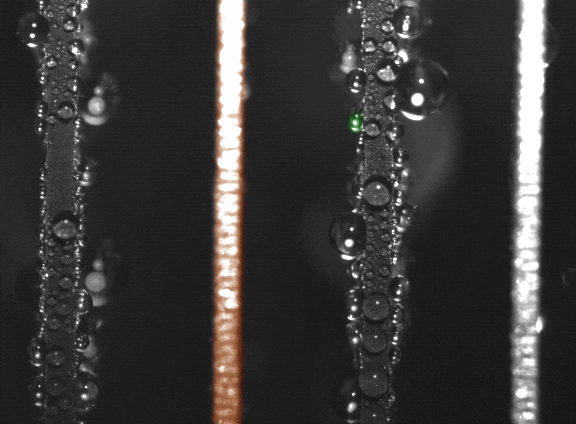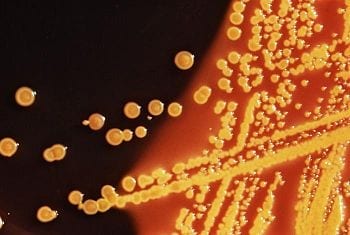The research may contribute to the development of more effective drugs against malaria
Researchers from the Universitat Politècnica de Catalunya · BarcelonaTech (UPC), the Instituto de Química Mèdica (IQM-CSIC) and the University of Glasgow have proved that the CD27 drug is a true alternative against malaria.
They have analysed the crystalline structure of the DNA with the drug by performing X-ray diffraction experiments at the ALBA synchrotron.
An international group of researchers led by Lourdes Campos from the Department of Chemical Engineering at the Universitat Politècnica de Catalunya · BarcelonaTech (UPC) has proved that the CD27 drug can be a reliable option against malaria. Researchers came to this conclusion after studying the 3D crystalline structure of the complex of DNA with the drug.
The CD27 drug is a complex synthesised by researchers led by Christophe Dardonville at the Instituto de Química Médica of the Spanish National Research Council’s/ (IQM-CSIC) in Madrid. “CD27 is chemically related to diamidines – molecules with two amidines – and has previously been used with success in other Trypanosoma species that produce the ‘sleeping sickness’ in Africa and Chagas disease in South America”, says Lourdes Campos. Results show how the CD27 drug completely covers the minor groove of the DNA, preventing the typical development of the parasite and causing its death. This research helps to understand this family of compounds and may significantly contribute to the development of new, more effective drugs against malaria.
Read more . . .
The Latest on: Malaria
[google_news title=”” keyword=”Malaria” num_posts=”10″ blurb_length=”0″ show_thumb=”left”]
via Google News
The Latest on: Malaria
- Kenya is gripped by deadly malaria. Could a new locally produced drug be gamechanger?on May 12, 2024 at 4:21 am
The WHO approved a Kenya-based pharma company to produce a crucial antimalarial drug locally, reducing reliance on imports from India and China. View on euronews ...
- Revolutionary model predicts malaria trends in Africaon May 11, 2024 at 2:01 pm
Experts have developed a novel model that could revolutionize how we predict and respond to malaria transmission.
- African regions at risk for malaria transmission may decline more than previously expectedon May 9, 2024 at 9:25 pm
Areas at risk for malaria transmission in Africa may decline more than previously expected because of climate change in the 21st century, suggests an ensemble of environmental and hydrologic models.
- FDA considers updating blood donation guidelines to keep nation’s supply safe from malariaon May 9, 2024 at 4:09 pm
The US Food and Drug Administration is considering a requirement for blood banks to use a new test that can detect the parasites that cause malaria in certain donors’ blood, and it’s seeking the ...
- Patriots’ Calvin Anderson Was Given 50% Chance to Live After Contracting Malaria Last Yearon May 8, 2024 at 11:10 am
New England Patriots player Calvin Anderson revealed in an interview that he battled a case of malaria last year after unknowingly contracting the disease in Nigeria. He said he was given a 50-50 ...
- An Engineered Antibody Can Prevent Malariaon May 8, 2024 at 5:34 am
Mosquitoes are one of the deadliest animals on earth because they transmit diseases including malaria, which is thought to be responsible for the deaths of... | Microbiology ...
- Reversing the relentless grip of malariaon May 7, 2024 at 5:00 pm
In Dielmo, on the banks of the Nema stream in Senegal, childhood was once marred by the relentless grip of malaria.
- Malaria Newson May 6, 2024 at 4:59 pm
Apr. 3, 2024 — A recent breakthrough sheds light on how the malaria parasite, Plasmodium falciparum, invades human red blood cells. The study reveals the role of a sugar called sialic acid in ...
- Malaria Transmission Could Be Prevented by Blocking Parasite’s Sexual Development Geneson May 2, 2024 at 3:00 pm
Researchers say single-cell RNA sequencing creates a window into parasite gene usage that is not possible using any other approach.
- Malaria may shorten leukocyte telomeres among sub-Saharan Africanson May 2, 2024 at 1:24 pm
The length of telomeres in white blood cells, known as leukocytes, varies significantly among sub-Saharan African populations, researchers report. Moreover, leukocyte telomere length (LTL) is ...
via Bing News











